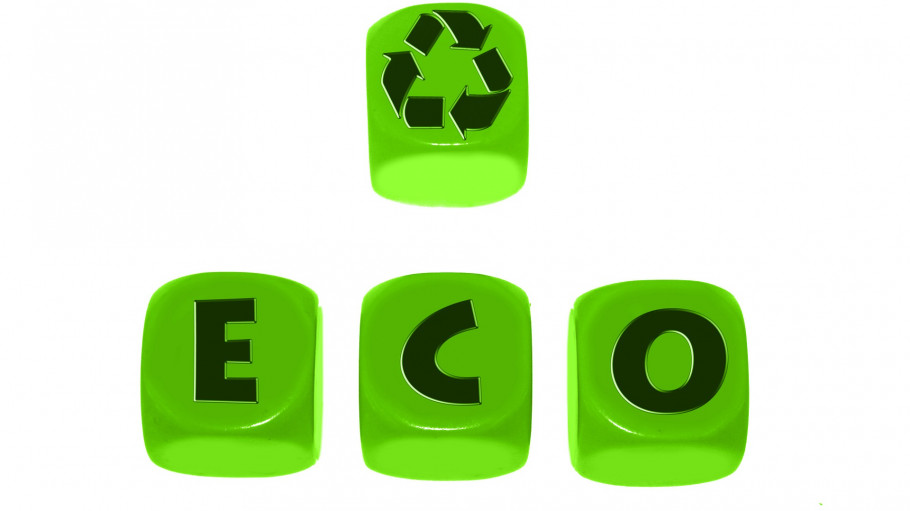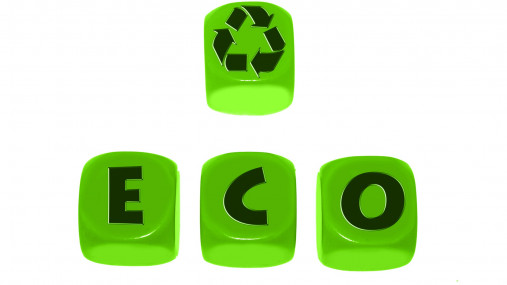
Publications » Position papers » Ecodesign for Sustainable Products Regulation
Ecodesign for Sustainable Products Regulation
Downloads and links
Recent updates

The steel industry welcomes the release of the recently proposed Ecodesign for Sustainable Products Regulation (ESPR) by the European Commission. The European Union needs strong legislation to achieve its ambitious objectives set in the Green Deal and Circular Economy Action Plan, which can improve its competitiveness on global markets and set an example to other economies. The success of this general framework legislation relies on numerous related delegated and implementing acts to be released, the revision of already existing ones and their mutual coherence. It will extend the scope to a wider range of products to strengthen the circularity criteria, to introduce new information requirements for products and to provide more sustainable information alongside sustainable products for customers on the European market. Living up to this ambition will require a sustained, coherent and forward-looking thrust from the European Commission. The European steel industry is ready to assist in that challenge.
Key areas are: harmonisation, requirements, digital product passport and substances of concern.
In conclusion, the European Commission proposal is an important but also challenging starting point towards the transition to the circular economy, which is a key contributor for achieving climate neutrality targets. However, its effectiveness will greatly rely on the new requirements with appropriate relevance for products levels in delegated acts and overall coherence of related legislation. Driving the transition to more sustainable products requires also the creation of lead markets, as well as incentivising them to keep the pace and motivate others, whilst harnessing the current potential from industry. The steel sector is looking forward to cooperating with the European Parliament and the European Council for enhancing the current text.
The full text of the position paper on the Ecodesign for Sustainable Products Regulation is available below.

Download this publication or visit associated links
Industrial Accelerator Act launches lead markets - but more is needed to support green steel “Made in Europe”
Brussels, 26 February 2026 — Europe’s steel industry has warned that the current draft Industrial Accelerator Act could direct public support for low-carbon steel to producers outside the European Union, unless lawmakers include and tighten ‘Made in Europe’ provisions.
Brussels, 24 February 2026 - Europe’s energy-intensive industries have set out a series of proposals to ensure that the EU’s upcoming Electrification Action Plan delivers on its objectives to stimulate and boost electricity consumption in industry. In a joint position paper, industries warn that persistently high electricity prices risk undermining industrial competitiveness and decarbonisation efforts. They call for a policy framework that will enable EU industry in pursuing decarbonisation and industrial competitiveness.